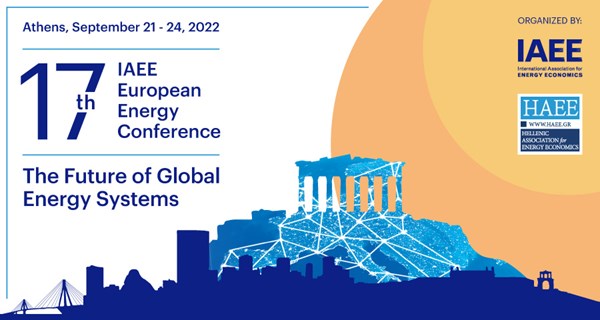“At the crossroads of the EU’s Energy dependence on Russia”This is a time of great and unprecedented changes in the energy sector. The Russian invasion in Ukraine has disrupted the energy markets, causing sharp hikes in energy prices and increasing the risk of shortages of imported gas from Russia. The immediate response of the European Commission proposing the REPowerEU plan creates a lot of challenges that will require strong political commitment and a joint attempt to diversify its energy sources. The resilience of the EU system passes through diversified gas imports, increased RES, larger volumes of renewable gases, and energy efficiency. Energy poverty should be a part of the equation in this hard-to-solve problem and short-term options are necessary to provide relief to citizens and businesses. The initiation of the construction of the FSRU project in Alexandroupolis, the expansion of the storage capacity of the Revithoussa LNG terminal with the additional floating tank, the further utilization of the TAP, and the new planned projects such as the IGB, East-Med, and hydrocarbons exploitation, will transform Greece into an energy hub and a European gateway for non-Russian gas. LNG and pipeline imports, underground storage capacity, cross-border interconnections and new LNG and natural gas infrastructure are at the core of the EU’s path away from Russian gas. Is the EU’s Plan for the Russian Gas independence ambitious and feasible or unrealistic? Join us for fruitful discussions at the 17th IAEE European Energy Conference “The Future of Global Energy Systems” on September 21-24, 2022 in Athens, Greece. Registration is open and early bird tickets are available until July 11.
|



